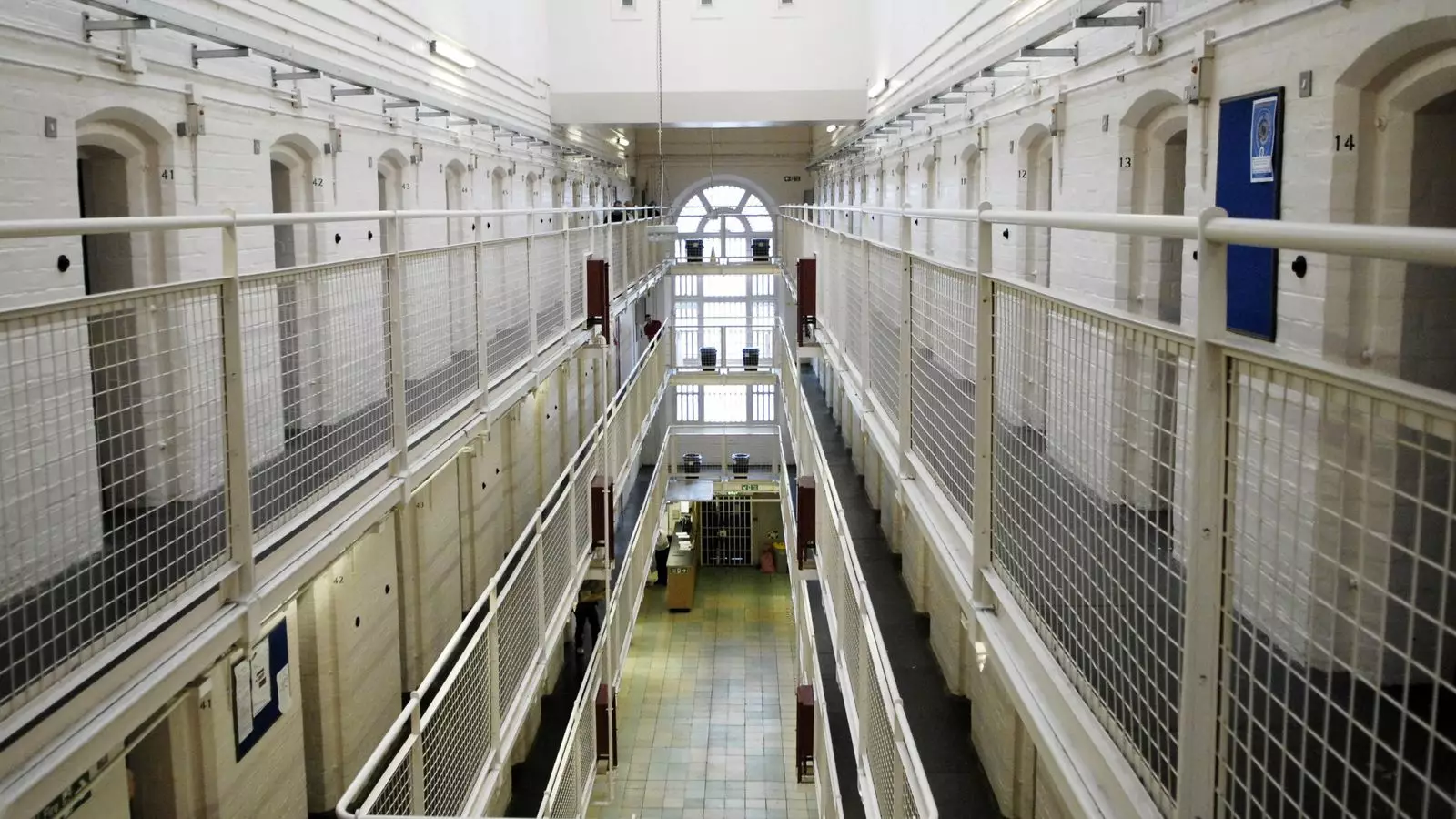In recent years, successive governments in England and Wales have adopted a punitive approach to crime, attempting to portray themselves as “tough on crime” by implementing policies that have inadvertently led to an explosion in the prison population. A thorough examination suggests that a lack of strategic foresight has characterized these policies, despite a notable decline in crime rates since the mid-1990s. The Independent Sentencing Review has revealed that the countries boast some of the highest incarceration rates in Western Europe, fundamentally questioning the effectiveness of these long-standing policies.
Former lord chancellor and justice secretary David Gauke leads the review and has signaled that it will unveil substantive reform recommendations aimed at alleviating the systemic pressures on the prison network. The government’s knee-jerk reactions have prioritized immediate punitive measures over strategic long-term solutions. Consequently, the soaring number of prisoners is overwhelming an already strained justice system, affecting not only those incarcerated but also the broader society.
One of the significant factors contributing to the rising prison population is the alarming increase in recalled offenders on license. Figures demonstrate that this subset of the incarcerated has skyrocketed from under 100 in 1993 to nearly 13,000 by December 2024. This trend points to a systemic issue that has led to a flawed approach to rehabilitation and reintegration of offenders. Rather than focusing on rehabilitation, the system has become more centered on punishment, ultimately jeopardizing public safety by not addressing the root causes of criminal behavior.
Compounding these issues, the government’s recently controversial decision to release thousands of prisoners early—by cutting the proportion of a sentence served in prison—has highlighted the severity of the overcrowding crisis. It exposes the dire state of the system while drawing attention to the unintended consequences of harsh sentencing policies.
Critics of the current system, including David Gauke, argue that there needs to be a comprehensive reassessment of how long individuals are incarcerated and who qualifies for imprisonment in the first place. It’s become increasingly clear that simply increasing sentences in response to specific crimes does not equate to justice for victims. Such a cycle of reactionary policymaking has ignored the broader ramifications it has on the entire criminal justice system.
Mr. Gauke’s assertion that punishment should remain a central aim of the criminal justice system, while simultaneously advocating for alternative forms of punishment, is crucial. Indeed, it echoes the sentiments expressed by the Howard League for Penal Reform, which argues that England and Wales’s overcrowded prisons serve as “breeding grounds for crime.” Acknowledging and addressing these systemic issues is necessary if we are to make meaningful progress.
The rise in crime rates, often used to justify tougher sentencing, has been shown to be misleading given the downward trend in overall criminal activity. The Independent Sentencing Review emphasizes the urgent need for an honest dialogue regarding the objectives of imprisonment and alternative punishment avenues, particularly considering the ongoing strain on resources that impact rehabilitation and community safety initiatives.
Further, the introduction of new offenses and mandatory minimum sentences, often framed by high-profile criminal cases, have led to inconsistencies within the justice system. This has left many victims feeling marginalized within a system purportedly designed to offer justice. To create a fairer system, we must consider equitable alternatives to incarceration and develop a system that fosters rehabilitation, thus enhancing public safety.
The findings of the Independent Sentencing Review are a clarion call for a transformative approach to criminal justice. If the aim is to foster genuine societal safety and well-being, a strategic reevaluation of our policies regarding whom to imprison, for how long, and what alternatives can be effectively utilized must take precedence. A paradigm shift from a punitive to a rehabilitative focus is essential for creating not only a more effective criminal justice system but also one that serves the best interests of society as a whole. As we move forward, the integration of informed and humane policies is key to mitigating our current crisis and fostering a justice system that thrives on true rehabilitation over mere punishment.


Leave a Reply